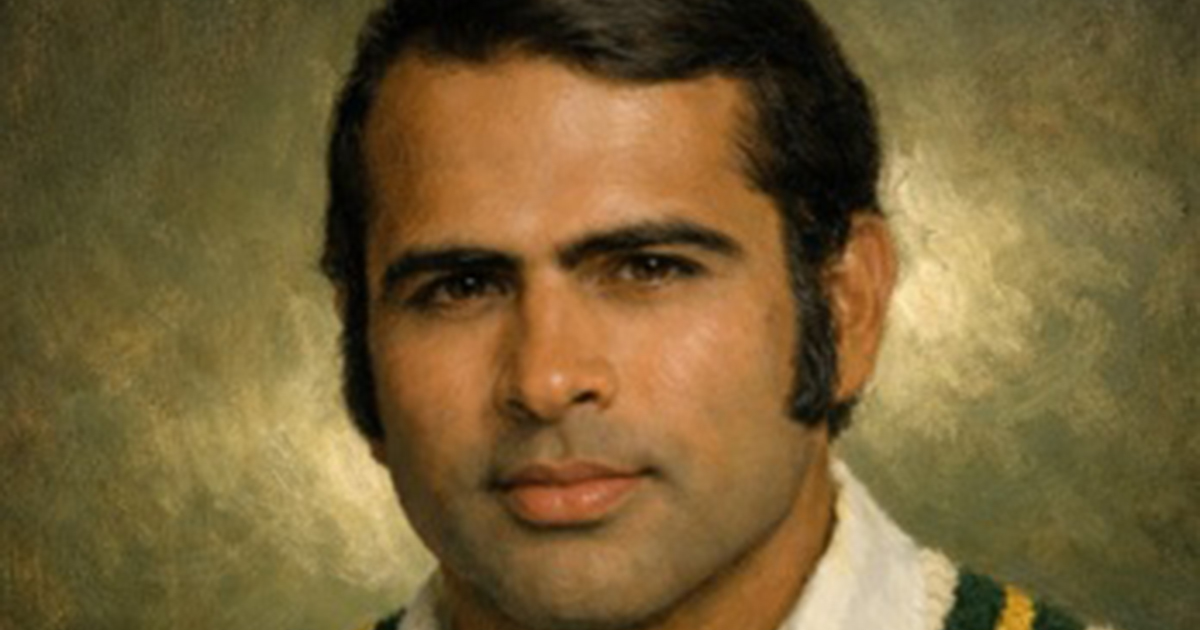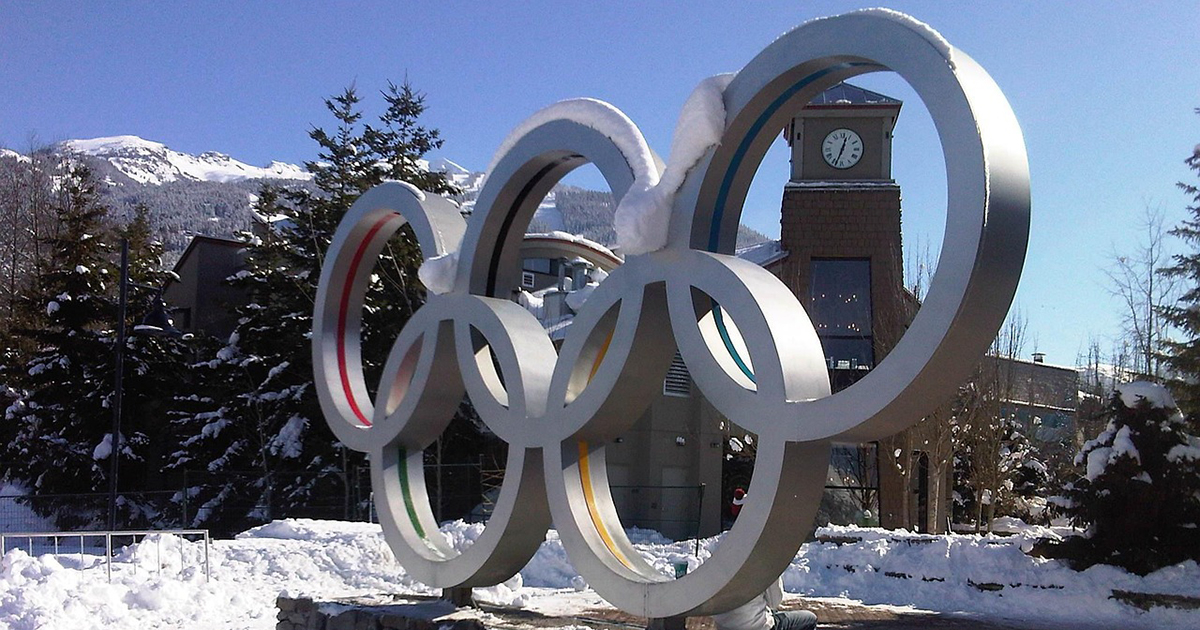Sports reporting: The perks and pressures of covering international events
JournalismPakistan.com | Published: 20 September 2024 | JP Special Report
Join our WhatsApp channel
This article delves into the complexities of sports reporting at international events, highlighting both challenges and rewards. Journalists face pressure from deadlines and cultural differences, yet the experience of witnessing historic moments is unparalleled.Summary
ISLAMABAD—Covering international sports events is a dream job for many journalists, but it’s not all glamorous. Behind the scenes, sports reporters face unique challenges—from navigating different cultures and time zones to meeting tight deadlines under intense pressure. But the rewards of experiencing world-class competition and being part of a global narrative make it all worth it. This article explores the highs and lows of covering international sports events, offering insight into what it takes to succeed in this dynamic field.
Navigating Different Cultures and Languages
When sports journalists travel to foreign countries for international events like the Olympics, FIFA World Cup, or Wimbledon, they encounter cultures, traditions, and languages that may differ significantly from their own. Mastering local customs, even at a basic level, becomes crucial. Journalists must be culturally aware, adjusting how they interact with athletes, officials, and fans to avoid misunderstandings.
Challenge: Communicating effectively in a different language. Relying on interpreters can slow the process, and miscommunication is common.
Reward: Immersing in diverse cultures gives journalists a fresh perspective and deeper understanding of how different countries celebrate and approach sports.
The Pressure of Deadlines
International sports events often span multiple time zones, and this can wreak havoc on a journalist’s schedule. Reporters are expected to produce timely stories while dealing with jet lag, delayed flights, or shifting schedules.
Challenge: Managing work-life balance becomes difficult when events run late into the night or early morning.
Reward: The thrill of breaking a story first or capturing the emotions of a major win or upset right as it happens is exhilarating.
Access and Logistics
Getting access to top athletes and securing prime spots in packed stadiums is no small feat. Journalists must often navigate complex accreditation processes, deal with travel logistics, and endure long security checks. The sheer number of reporters vying for a quote from a winning player can make it hard to get exclusive content.
Challenge: Managing travel logistics, acquiring press passes, and securing interviews, often in highly competitive environments.
Reward: Securing that exclusive interview with a major sports star or capturing a one-of-a-kind moment in sports history.
Adapting to Technological Demands
The rise of social media and the 24/7 news cycle has put pressure on journalists to not only write but also tweet, live stream, and share instant updates across platforms. Staying ahead of the game with real-time updates is now essential.
Challenge: Juggling live reporting, social media engagement, and video content creation all at once can be overwhelming.
Reward: Real-time interaction with a global audience. Seeing your content go viral after capturing a key moment can boost your visibility.
Financial and Sponsorship Issues
Covering international events can be costly. For freelance journalists and smaller outlets, funding the trip, equipment, and lodging often requires sponsorships or personal investment. Big organizations may have budgets, but freelancers must hustle to find financial backing.
Challenge: Finding affordable accommodation, securing travel funds, and ensuring necessary tech and equipment are in place.
Reward: The exposure gained from reporting on a prestigious event can lead to better job offers, partnerships, or increased freelance work.
Witnessing Historic Moments
The biggest reward for any sports journalist is witnessing history in the making. Whether it’s a world record being broken, an underdog victory, or an unforgettable final, being present at such moments and sharing them with the world is why many journalists enter the field.
Challenge: Keeping personal emotions in check and maintaining professional detachment, especially when reporting on home teams or favorite athletes.
Reward: Being able to say, "I was there." These moments become career highlights, etched in history and personal memories alike.
Emotional and Physical Demands
Constant travel, high-pressure deadlines, and the emotional highs and lows of covering wins and losses can take a toll on journalists. The physical demands of running from one venue to another, often lugging around equipment, can lead to exhaustion.
Challenge: Burnout is common, as is missing out on personal milestones or family events due to extended travel.
Reward: The adrenaline rush of being at the center of world-class competition and the satisfaction of delivering impactful stories to millions.
While covering international sports events poses significant challenges—cultural barriers, logistical hurdles, and intense competition—the rewards far outweigh the difficulties. For many sports journalists, there’s nothing quite like being part of the global spectacle, where they witness and document some of the most memorable moments in sports history. Despite the hurdles, the excitement of travel, the joy of storytelling, and the thrill of live competition keep them coming back for more.
KEY POINTS:
- Challenges of covering diverse cultures and languages
- Pressure of tight deadlines and time zone differences
- Logistical hurdles in securing interviews and access
- Adaptation to the demands of social media and technology
- Emotional and physical toll of constant travel and coverage

























